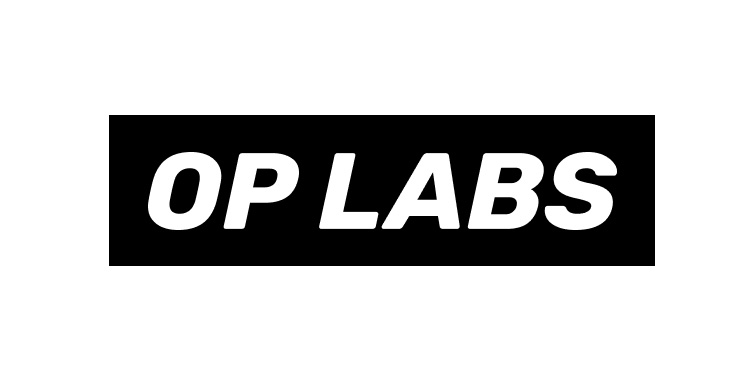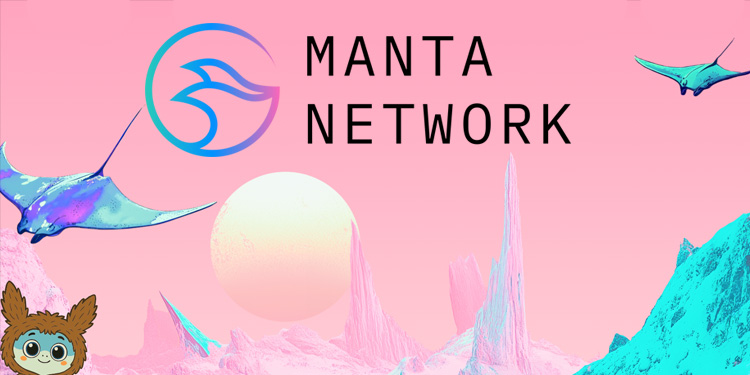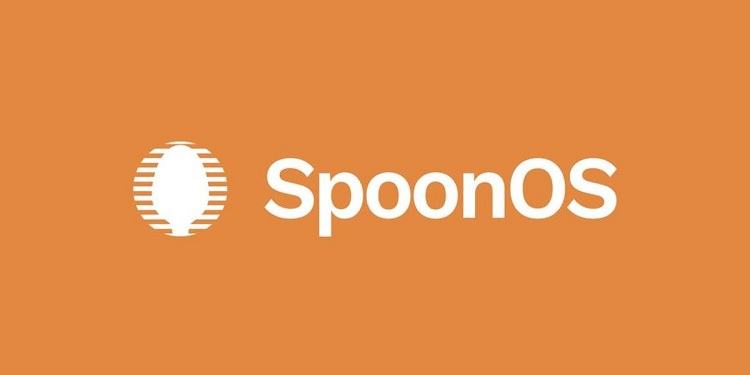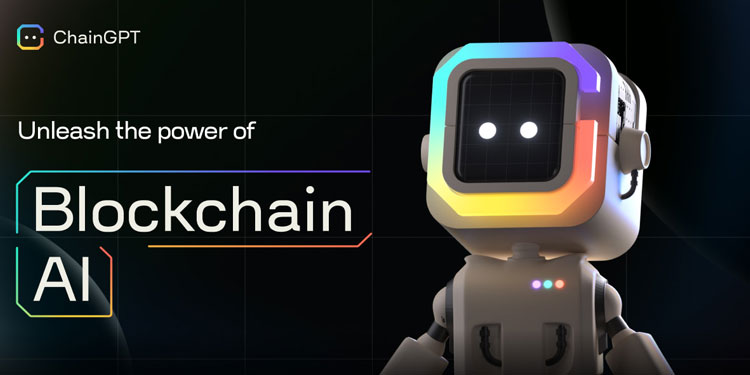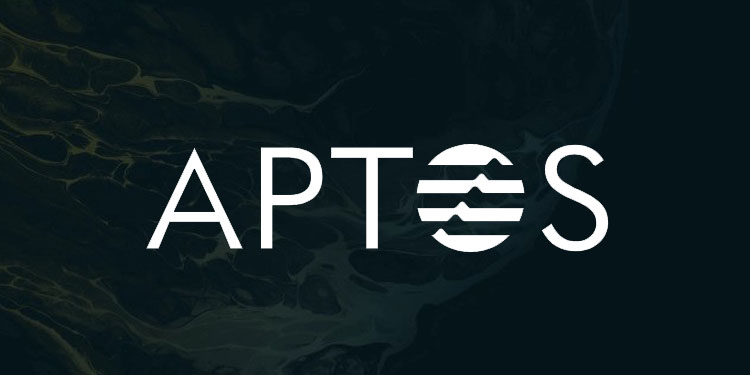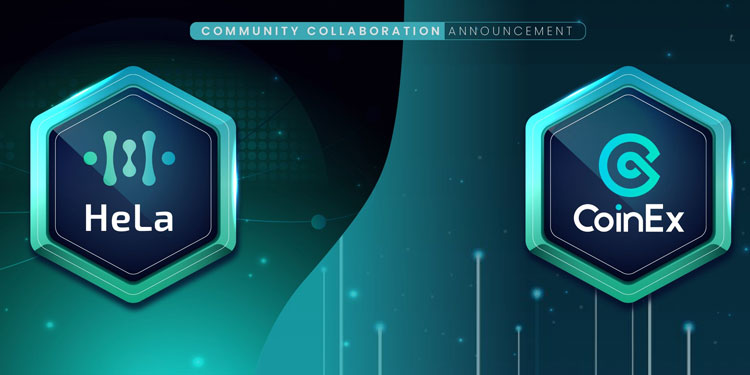Eliza Labs, the creators behind the AI agent framework AI16z, have launched a new platform named “auto.fun”, aimed at transforming how individuals engage with Web3 applications. The platform enables users—regardless of their technical background—to design, deploy, and monetize intelligent AI agents capable of interacting seamlessly with decentralized systems. These include social networks, DeFi applications, and blockchain-based games.
The underlying mission of the platform revolves around democratizing access to artificial intelligence and Web3 technologies. The leadership at Eliza Labs has reportedly emphasized that the tool is intended to make these cutting-edge technologies universally accessible. They believe that intelligent agents should be able to operate autonomously on behalf of users, thereby simplifying complex tasks in the decentralized digital landscape.
auto.fun is engineered to carry out a broad range of tasks with minimal user input. Tasks such as managing social media activity, optimizing yield farming strategies, and executing autonomous trades can be completed through simple instructions. For example, a user might request the system to identify high-yield staking opportunities and automatically allocate funds—an action that traditionally requires advanced technical knowledge and manual effort. This approach is expected to significantly lower the barrier to entry for those who wish to engage with crypto-based services.
A notable feature of the platform is its focus on education and transparency. The user interface is equipped with intuitive tools and educational prompts designed to guide users throughout the agent-creation process. This helps reduce the risk of errors while empowering users to make better-informed decisions. Additionally, the system’s open-source architecture allows anyone to inspect its code, providing full visibility into how data is handled and how individual agents function.
One of the standout components of auto.fun is its innovative token distribution model, which is described as being “fairer than fair.” This mechanism was co-developed with Raydium and is based on a bonding curve model. It enables project teams to secure up to 50% of their tokens prior to launching on the open market. According to Eliza Labs, this strategy ensures ongoing liquidity while also supplying the necessary capital for development. It also aims to mitigate the risks associated with bots or early-stage sell-offs, which are common challenges in token launches.
The platform has already begun hosting functional AI agents. Among them is “FightFi,” a gamified collection of social agents that leverage native tokens to unlock advanced capabilities. Another notable agent, “Sigma Music Agent,” aims to foster interaction between musicians and their audiences through artificial intelligence. Additionally, the tool named “Secret” facilitates the launch of tokens on the Solana blockchain, while “Astra” handles cross-chain payments across Ethereum-compatible chains, Solana, and Bitcoin’s Lightning Network.
In essence, Eliza Labs’ auto.fun represents a significant step toward integrating autonomous AI into everyday Web3 interactions. By offering non-technical users the ability to build powerful agents that navigate complex decentralized systems, the platform could play a pivotal role in mainstreaming both artificial intelligence and blockchain technologies.


